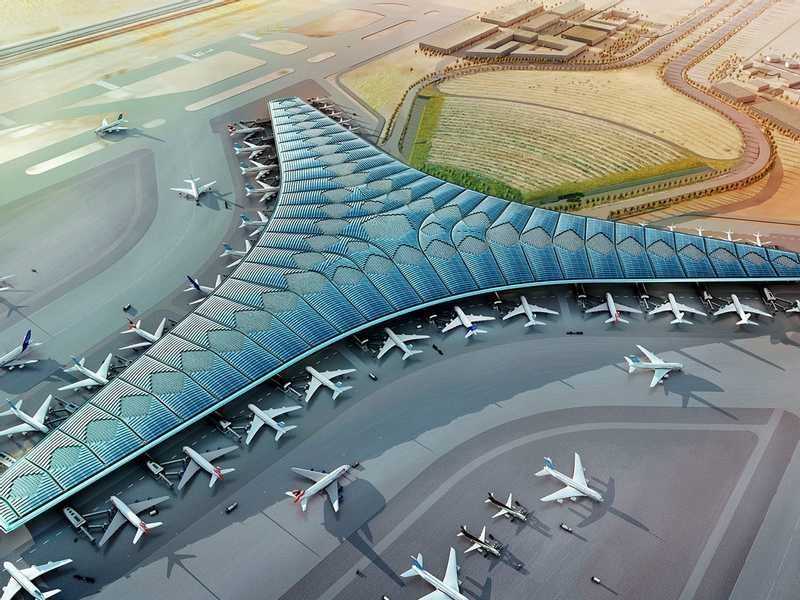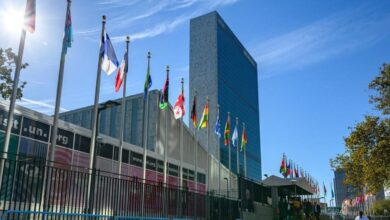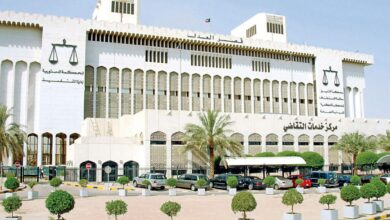
• Current airport projects under execution are worth $12.8 billion, with Kuwait leading the way with $6.1 billion in projects.
• An additional $6.2 billion worth of projects are in the tendering and pre-qualification stage, with the King Khalid Air Base project in Saudi Arabia and the Abha International Airport development project leading the way.
Gulf countries are witnessing a significant surge in airport expansion projects, driven by the anticipation of a rising number of air travelers.
This ambitious undertaking reflects a strategic focus on infrastructure development to accommodate future growth in the aviation sector.
According to reports by Al-Qabas newspaper, the current landscape reveals a total investment of $12.8 billion dedicated to airport expansion projects across the region.
Kuwait has positioned itself at the forefront of this initiative, with a staggering $6.1 billion worth of projects currently underway.
Other major players include Saudi Arabia ($4.3 billion), Qatar ($1.6 billion), and the UAE ($690 million).
Looking towards the horizon, MEED’s report indicates that a significant $6.2 billion worth of projects are in the pre-qualification and tendering stages.
These projects include the colossal $2.7 billion King Khalid Air Base project and the $2 billion Abha International Airport development project, both situated in Saudi Arabia.
An additional $34 billion worth of projects are currently under design, with the expansion plans for Dubai International Airport’s Al Maktoum facility leading the charge.
Finally, a staggering $39 billion worth of projects are under various stages of study. This includes the highly anticipated $12 billion North Kuwait Airport project, the $10 billion King Fahd International Airport expansion project, and the initial plans for a new $10 billion airport in Bahrain.
Financing the future
Fitch, a leading credit rating agency, highlights the substantial financial resources required to bring these ambitious projects to fruition.
They emphasize the need for innovative financing methods to bridge the funding gap. This could involve public-private partnerships (PPP) and strategically tapping into debt markets to attract a broader investor base and secure long-term financing solutions.
Public-private partnerships are increasingly seen as a critical tool for financing these large-scale airport expansion projects.
Both Saudi Arabia and the UAE boast proven track records of successful PPP ventures across various sectors.
Notably, in 2023 alone, Riyadh unveiled a staggering 200 PPP projects across 17 sectors, including major airport expansions.












